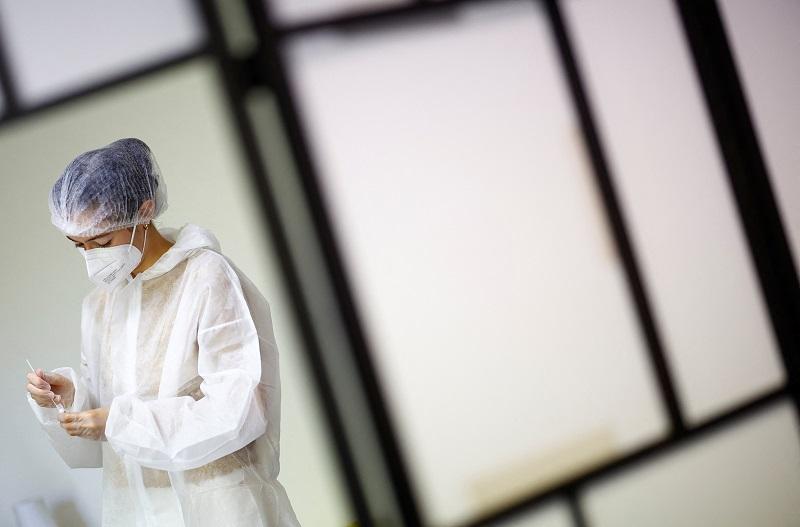Faster PCR equipment being designed for local settings

New technology for performing the gold-standard test for SARS-CoV-2 infection weighs just 2 pounds (0.9 kg) and gives results in 23 minutes rather than the usual 24 hours, according to researchers.
PCR, or polymerase chain reaction, testing is rarely done at point-of-care settings like doctors' offices or pharmacies, because the traditional equipment is bulky and expensive and requires trained operators.
The PCR involves thermal cycling, a process of heating and cooling that creates the conditions necessary for identifying genetic material from the virus in the sample.
The new prototype employs smaller optical components and a new way to heat the sample: so-called plasmonic thermocycling, which uses infrared radiation of metallic nanoparticles to generate heat from inside the vial instead of using standard heating methods from the outside.
"The method could rapidly detect SARS-CoV-2 RNA from human saliva and nasal specimens with 100% sensitivity and 100% specificity, as well as two distinct SARS-CoV-2 variants," the researchers reported on Monday in Nature Nanotechnology.
The smaller, faster devices "should really move the needle on delivering rapid and accurate molecular clinical diagnostics in decentralized settings," said study coauthor Mark Fasciano of biotech startup Rover Diagnostics, which is developing the technology in collaboration with researchers at Columbia University. "Thermal cycling... can now be sped up and clinicians and patients alike won't have to wait so long for results." -- Reuters





